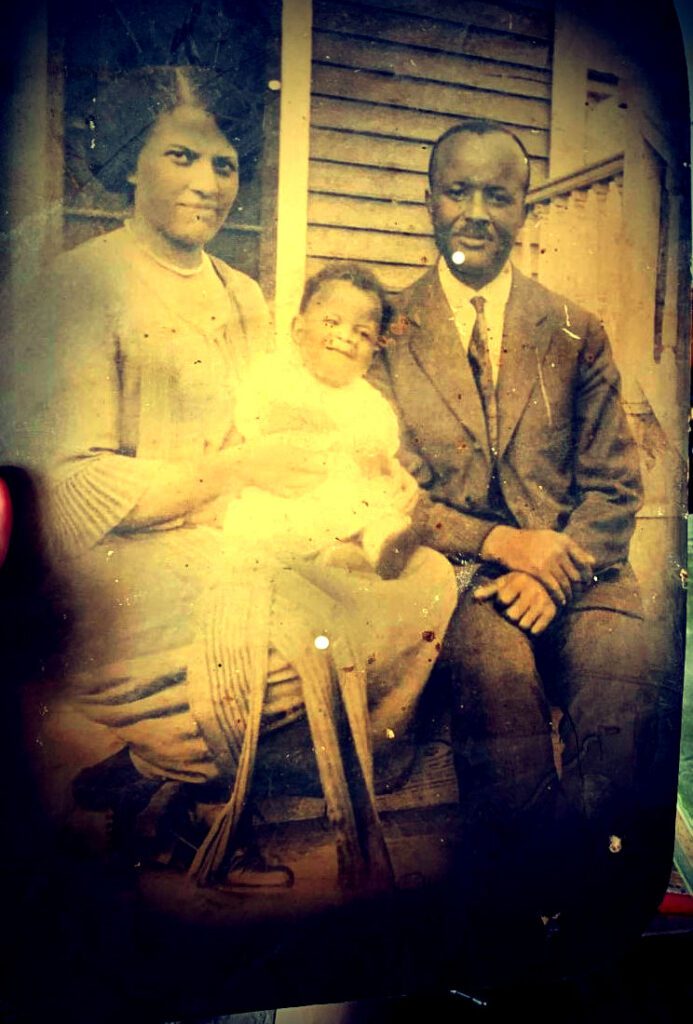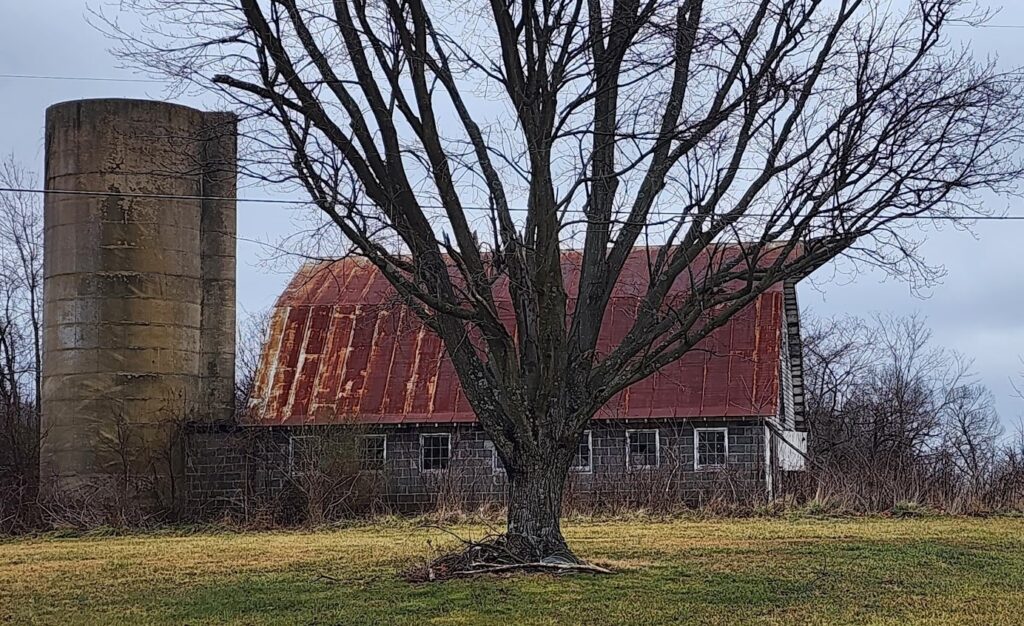
Author: Zann Nelson
The Lewises: A Family of Farmers
Mr. Henry Clay Lewis, Jr., a Black man with strong family ties in Culpeper County, set his sights on becoming a successful farmer, a Lewis family legacy begun by his father In the 1930s. He would soon discover that the farming operation was as important to the country as it was to his family.
Just 18 years old, Henry was living and working on the family farm when WWII began. Thinking his first duty was to his country he enlisted in the Army Air Corp. “As soon as they realized he was the only surviving son, they sent him home to continue farming,” recalled his youngest son, Russell Lewis. It may not have been Henry’s first lesson in the critical value of farming, but it was one he would not soon forget.
Henry, Sr. had started the farm with about 150 acres, built a large stucco house with a bright red roof and was always surrounded by family. His brothers, Clarence and James lived on adjoining properties and his wife’s family home place was a short distance away in Boston, VA. Farming was a natural way of life for Henry, Jr. Russell remembers, “It wasn’t that he talked about what farming meant to him, but he was always active. A real outdoor person, he worked all the time.” The Lewis family produced milk and raised turkeys for the commercial market; chickens, eggs, and hogs for the table and all the corn and hay needed to feed them.

Common to many farmers, Henry always worked a second job, sometimes for house builders and for a time with Old Dominion Manufacturing. He was usually up by 4 am to milk the cows, a small herd of about 14, then off to his full-time job off the farm. “He didn’t get home in time for the afternoon milking, so my brother and I would alternate days in the milking parlor. I was about 9 or 10,” said Russell. “Being raised on the farm helped me out in life. I think it made me more work-minded,” he added.
After Henry’s father passed away, his mother continued to live in the family home; gardening, canning, cooking, and enjoying the fruits of the farm. Like his father, Henry decided to build his own family a new house. “Dad got a builder to put the house under roof then he completed all the wiring, plumbing and finish work himself. He could do anything,” Russell proudly stated. The house is an attractive brick rambler that overlooks the farm.
In the late ‘60s, Henry sold all the livestock and quit farming. The competition with the larger farms and the diminishing returns for farm products had taken its toll. He took a job as supervisor for security at the Federal Reserve Bank beneath Mt. Pony, now owned by the Library of Congress.
Henry passed away in 1997 at the age of 74. He had made a pragmatic decision to cease farming, but he never sold the land. Today, the Lewis descendants overlook a change in the land that once saw cattle and crops and now supports many homes and families. Nonetheless, the homeplace and dairy barn remain as monuments to the Lewis family’s contribution to the Culpeper community and their love of the land.
The Lewis family has every reason to be proud of their family legacy.
